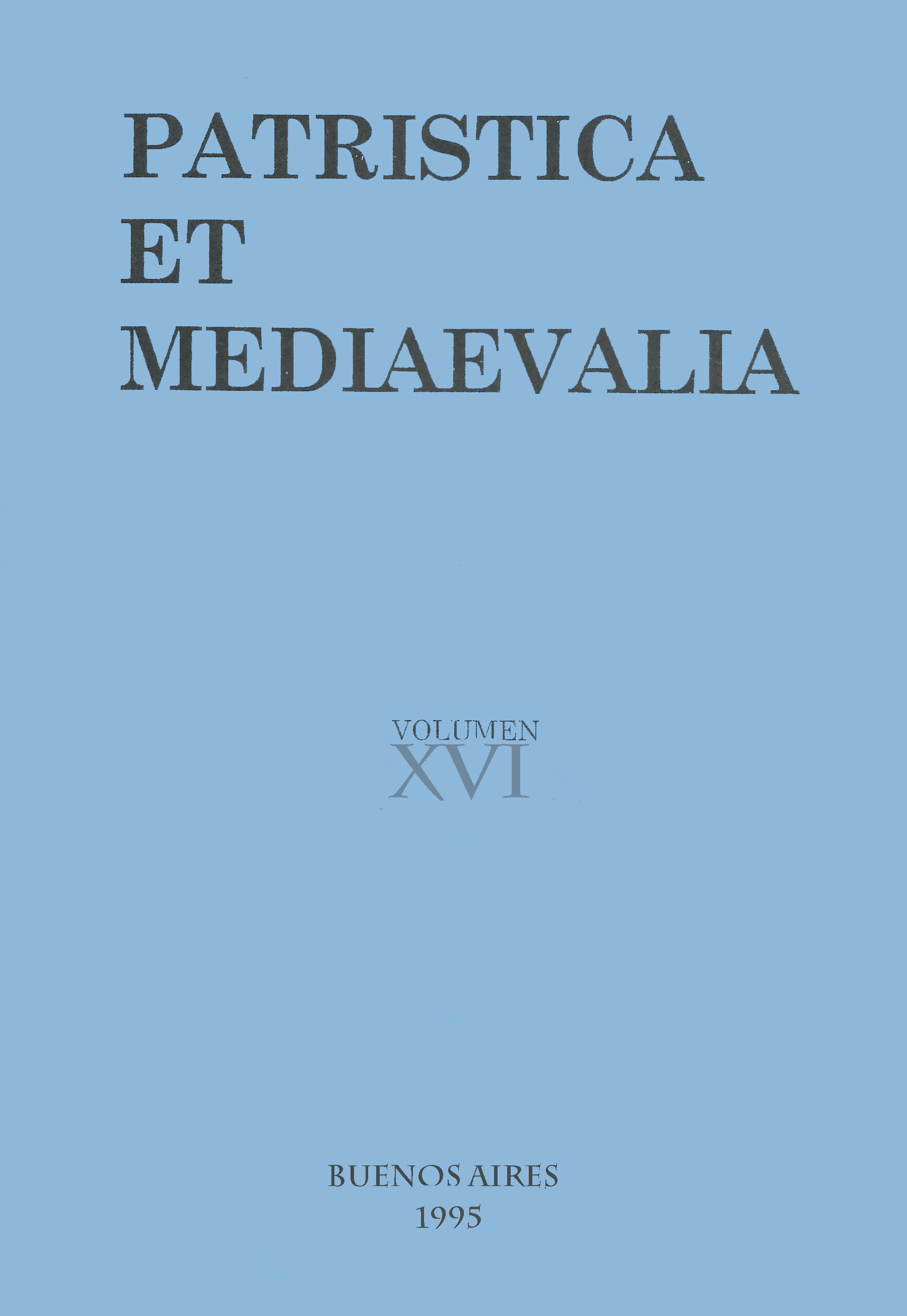Lordship and Freedom in Political Theory of the 14th Century
Abstract
Lordship and freedom, taken apart and in their relation to each other, have in the 14th century never been subject of consideration per se. This is not surprising, if we consider the immediate interest and the focus of the tradition that was passed on to the political thinkers of the 14 Century. The interrelation of lordship and freedom was not subject of reflection in antiquity, so it only indirectly came within the view of defenders of the plenitudo potestatis of the Pope or of royal independence. This paper shows that in some exemples: Boniface VIII, Aegidius Romanus, John Quidort and Marsilius of Padua. It is in the political theory of William of Ockham that we first find a conception of individual freedom.Downloads
1. The authors who publish in this magazine accept the following conditions:
-
They retain the copyright and grant to the magazine the right of the first publication, with the work registered under the Attribution-ShareAlike 4.0 International License that allows third parties to use what is published as long as they mention the authorship of the work and the first publication in this magazine.
-
They can make other independent and additional contractual agreements for the non-exclusive distribution of the version of the article published in this magazine (eg. include it in an institutional repository or publish it in a book) provided that they clearly indicate that the work was first published in this journal.
-
They are allowed and recommended to publish their work on the Internet (for example on institutional or personal pages).
2. AutoArchive Conditions. Authors are allowed and encouraged to distribute post-print electronic versions of their manuscripts because it promotes their circulation, a possible increase of quotation and a major reach among the Academic community. Color RoMEO: blue.













